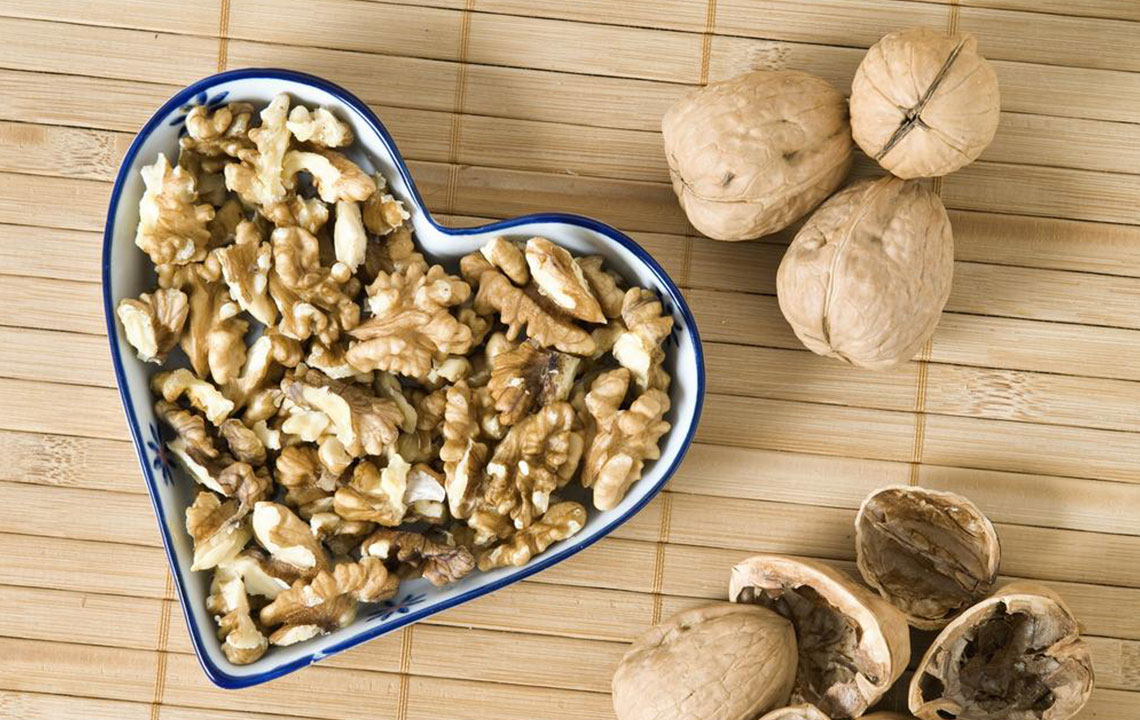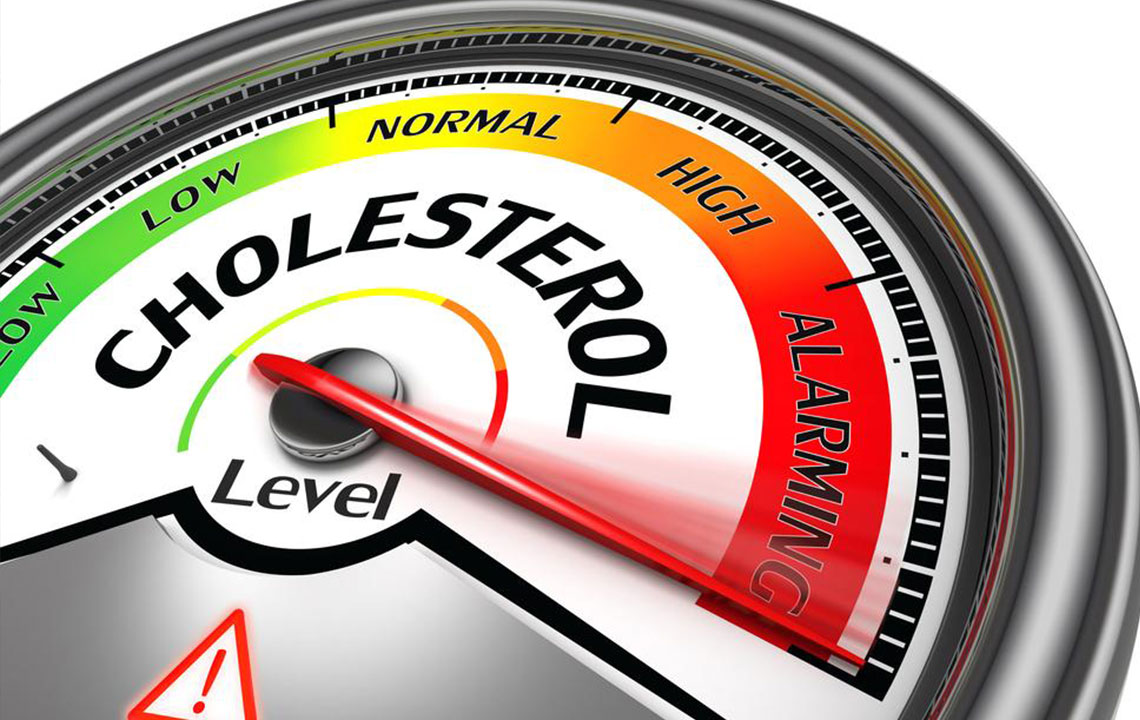Comprehensive Natural Approaches to Managing Cholesterol for Better Heart Health
This comprehensive guide explores natural methods to effectively manage cholesterol levels, emphasizing diet, exercise, and supplements. Learn how lifestyle changes can reduce cardiovascular risk factors and improve overall heart health through sustainable, safe practices tailored to individual needs.

Comprehensive Natural Approaches to Managing Cholesterol for Better Heart Health
Cholesterol is an essential component for numerous physiological processes, including hormone synthesis, digestion, and the production of vitamin D. However, when its levels become imbalanced, it can pose significant health risks, particularly increasing the likelihood of cardiovascular diseases. Understanding the roles of different types of cholesterol—namely HDL (high-density lipoprotein) often termed as 'good' cholesterol, and LDL (low-density lipoprotein), known as 'bad' cholesterol—is vital for managing your heart health effectively. Elevated LDL levels can clog arteries, leading to a heightened risk of heart attacks, strokes, and other cardiovascular complications. Conversely, HDL helps clear excess cholesterol from your bloodstream, transporting it to the liver for excretion, thus playing a protective role.
Cholesterol circulates in the blood as a waxy, fat-like substance. Monitoring your cholesterol levels through regular blood tests enables you to understand your risk factors and take appropriate steps to maintain optimal health. Fortunately, managing cholesterol levels naturally is achievable through lifestyle modifications and dietary improvements, which may reduce or eliminate the need for medication in some cases.
The foundation of effective cholesterol management involves cultivating healthy habits. A diet that emphasizes heart-friendly foods, combined with consistent physical activity, can significantly improve cardiovascular health and overall well-being. While adopting a plant-based diet can be highly beneficial, it's essential to tailor your approach based on personal health needs. Consulting with healthcare professionals or dietitians ensures you develop a personalized plan that fits your lifestyle and health goals.
Dietary and Lifestyle Changes for Managing Cholesterol
Transition to a heart-healthy diet rich in fruits, vegetables, whole grains, and lean proteins. These foods provide essential nutrients and fiber, which help lower LDL cholesterol.
Limit intake of trans fats, often found in processed snack foods, baked goods, and fried items. Excess saturated fats from red meats and full-fat dairy products should also be minimized as they can raise cholesterol levels.
Achieving and maintaining a healthy body weight is crucial. Excess weight increases LDL cholesterol and strain on the heart. Incorporating a balanced diet coupled with regular physical activity aids in weight management and improves lipid profile.
Incorporating regular exercise into your routine promotes better blood circulation, reduces LDL cholesterol, and enhances overall heart health. Activities like brisk walking, jogging, cycling, and swimming are particularly effective. Strive for at least 150 minutes of moderate-intensity exercise weekly, such as aiming for 10,000 steps daily, and ensure proper hydration to support physical activity.
Combining diet and exercise strategies yields the best outcomes. It's important to avoid crash diets or extreme regimens that can be unsustainable or harmful. Focus on sustainable, healthy routines that can be maintained long-term. Supplements should complement your lifestyle but not replace consistent health-promoting habits.
Understanding Factors Affecting Cholesterol Levels
Several factors can influence your cholesterol levels, making it essential to consider your overall health profile. These include:
Chronic conditions such as diabetes mellitus contribute to lipid imbalances.
Obesity is strongly linked to increased LDL cholesterol and higher cardiovascular risk.
Liver conditions, including fatty liver disease, affect cholesterol metabolism.
Renal diseases can disrupt lipid regulation.
Hormonal disorders like polycystic ovary syndrome (PCOS) impact lipid profiles.
Pregnancy temporarily alters cholesterol levels, usually reverting postpartum.
Thyroid dysfunctions, especially hypothyroidism, elevate LDL cholesterol.
Medication use, such as corticosteroids, anabolic steroids, or certain antidepressants, can influence lipid levels.
Using Natural Supplements to Support Cholesterol Management
When lifestyle modifications alone do not sufficiently control cholesterol levels, some dietary supplements can be helpful adjuncts. These are particularly effective in lowering triglycerides and enhancing overall lipid profiles when combined with healthy habits. However, it is crucial to consult with a healthcare provider before starting any supplement regimen to avoid adverse interactions or side effects.
Some popular natural supplements and their benefits include:
Artichoke extract: Known to reduce LDL cholesterol and improve bile flow.
Barley and beta-glucans: Help lower LDL and total cholesterol levels significantly.
Flaxseed and green tea extracts: Rich in antioxidants, they support cardiovascular health and reduce inflammation.
Omega-3 fatty acids from fish oil: Proven to lower triglycerides and support HDL levels.
Niacin and plant sterols: Help reduce LDL cholesterol while raising HDL.
Soy and whey proteins: Used as dietary substitutes to improve lipid profiles.
Red yeast rice, which contains naturally occurring lovastatin, can be beneficial but should be used cautiously and only under medical supervision due to possible side effects like muscle pain or liver damage. Emphasizing a diet rich in healthy fats, maintaining regular physical activity, and seeking professional guidance are fundamental strategies for long-term heart health and cholesterol control.





